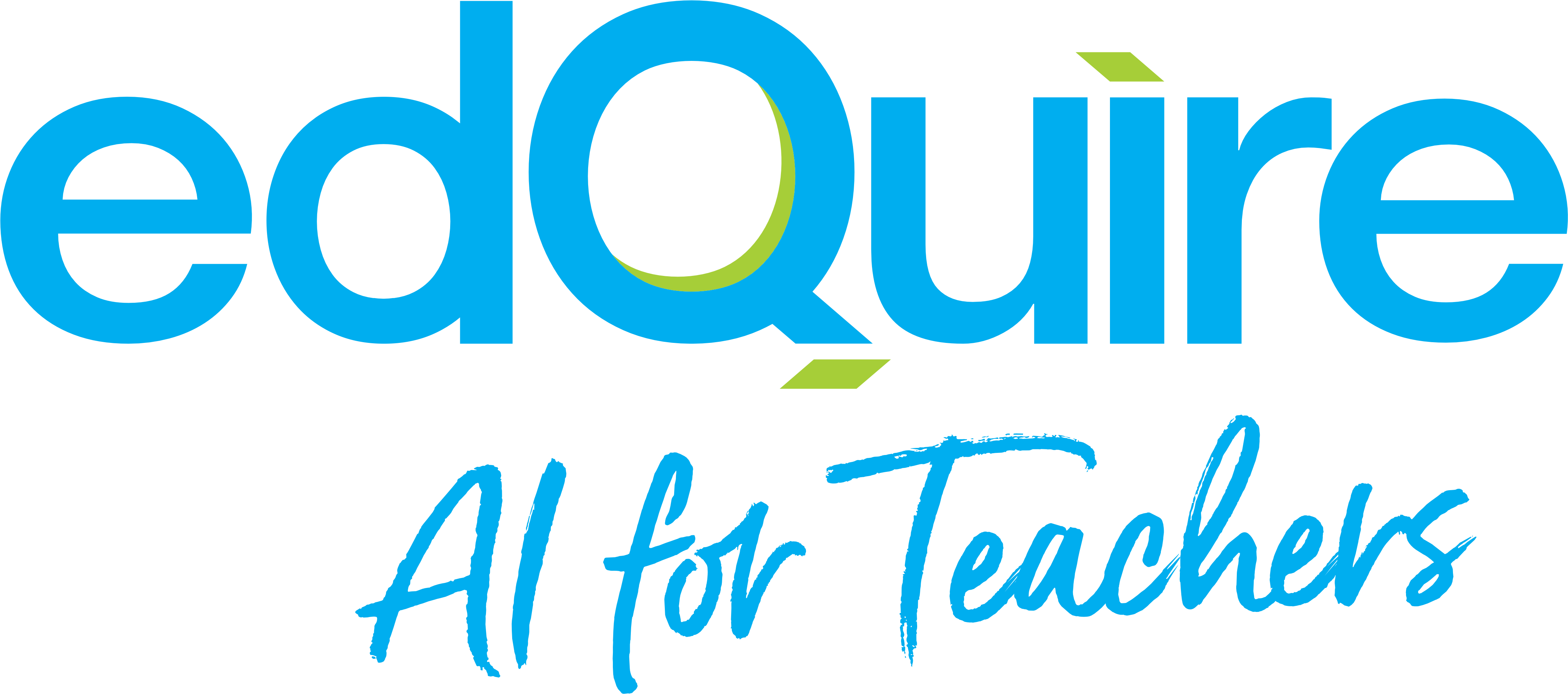
As Chris Lehmann and Zac Chase stated in their book Building School 2.0, “with almost everything we teach, we are always faced with two very different challenges. One, what are we doing to unlock the passions and skills of the 10 percent (or so) of the kids who either already are or could become so passionate about our subject that it becomes their course of study past their K-12 education? And two, what are we doing for the other 90 percent of the kids? Why is it important that they are taking the class?”.
Although students’ profiles are a key element of personalization in school education, building and maintaining meaningful, informative, accurate, and up-to-date students’ profiles is a very demanding task. Do we as teachers have all the data we need, and do we have time to evaluate it for every single student? Are we engaging our students, or are we failing them? How can we get to know our students better? How can we discover what their passions are, and engage them more during class? How can we understand what their difficulties are, and help them? How can we know if a student is distracted because s/he is bored, struggling, and need extra guidance, or simply finished earlier and needs extra activities? How can we engage and motivate them? Are we boring our students?
As University neuroscientist Laurence Steinberg said, “the adolescent brain is exquisitely sensitive to experience; when we aren’t challenging our kids in high school, not only are we hindering their academic development, but we also aren’t taking advantage of the plastic prefrontal cortex”. The prefrontal cortex is strengthened by challenge and novelty, therefore if schools do not challenge teenage students, they get bored. Most teachers try to motivate students with external motivation, e.g. good grades, but studies have shown that this produces only short-term effects.
One study out of Princeton University goes so far as to say, “external incentives are weak reinforcers in the short run, and negative reinforcers in the long run. When we’re extrinsically motivated, we do something in order to gain an external reward, but when we’re intrinsically motivated, we engage in an activity solely because we enjoy it and get personal satisfaction from it.
When students feel we trust them, they enjoy learning not because of external rewards, but because of intrinsic motivation. We need to get to know our students, to discover what they are interested in, and how they learn best, so that we can design our lessons around these motivating factors. We build intrinsic motivation in the classroom when we create a trusting atmosphere, use team or group work, praise students for the accomplishments, discover students’ passions, and let students have choices in what they do, and how they do it.
However, gathering the individual information we need to really personalize our learning, hence build intrinsic motivation, is very time consuming, and can be a difficult task. To address the need to support classroom teachers in building and updating student profiles, as well as using them to inform their actions for personalizing their students’ learning, we can use learning analytics.
Learning analytics can gather and analyze students’ digital movements, elaborate information in meaningful ways, and make it available to teachers, providing the feedback that has been missing on engagement, distractibility, task switching, and search engine use, as it gives us actionable insights through the collection, analysis and reporting of data about learners and their contexts, for purposes of understanding and optimising learning and the environments in which it occurs. Learning analytics not only measures students’ data, but can transform learning.
Thanks to this data, students can take control of their own learning, see and reflect on their behaviours, have a more personalised learning experience, and improve concentration and retention as a result. Teachers can monitor students’ learning, predict students’ success and failure, discover patterns within students’ data, predict future trends in students’ progress, and act upon the data gathered.

Recent Comments